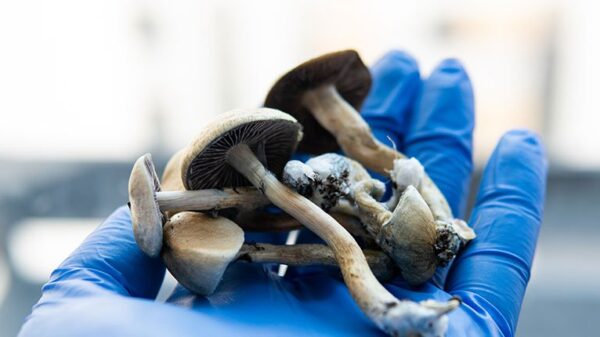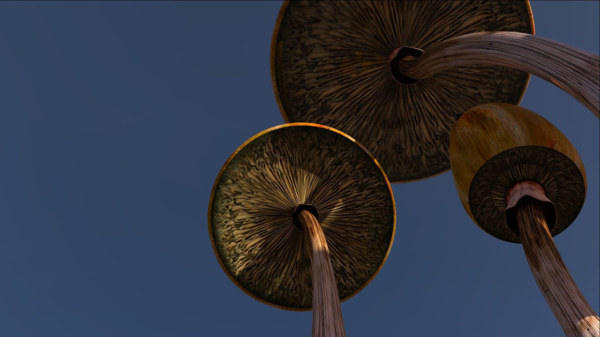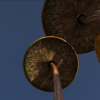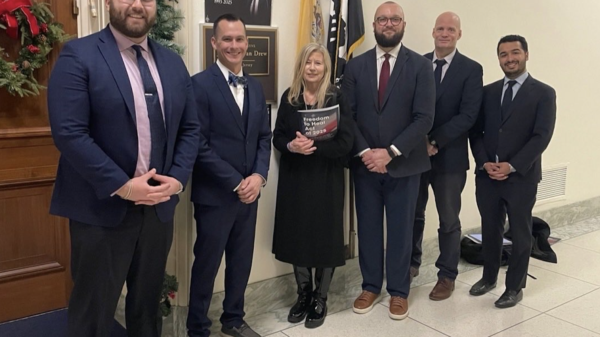The Māori Indigenous group Rangiwaho Marae and the medical cannabis grower Rua Bioscience (NZE: RUA) have obtained the first-ever psilocybin cultivation license in New Zealand and will use it to help treat methamphetamine and other substance use disorders.
The company announced the achievement on Friday, which marks a significant new milestone in a pre-existing collaboration between a network of traditional rongoā Māori healing practitioners, the University of Auckland and a series of other institutions and stakeholders in the country.
Currently, the license is only applicable to cultivation and investigation. Rua says that the Institute of Environmental Science and Research, one of the schools involved in the collaboration, will be examining the fungi cultivated by Rua to determine its potency and ensure optimal dosing once human trials are approved.
“It is exciting to see Australia and other jurisdictions embracing innovative and potentially life-changing medical research with psilocybin and exciting for Rua Bioscience to now be part of such a great national collaboration,” said Rua’s CEO Paul Naske.
Nobody in New Zealand has ever been prescribed psilocybin, according to Rua. You can apply for permission to utilize the compound through the New Zealand Ministry of Health’s medical regulatory body Medsafe, similar to Canada’s Special Access Program, but no application has been successful thus far.
Rua says three applications for the use of psilocybin in clinical trials have been filed to date, all within the past year and a half. Rangiwaho Marae has obtained funding for its studies from the Health Research Council of New Zealand, a government agency.
Read more: Afghanistan Veteran gets Health Canada approval for psilocybin treatment from Apex Labs
Read more: Billionaire Steve Cohen’s Point 72 hedge fund takes 8.1% stake in Cybin
The studies will focus on the Psilocybe Weraroa variety of psilocybin mushrooms, which is native to New Zealand, according to local media. The group may research more species in the future but the license currently only covers usage of that particular fungi.
New Zealand’s University of Auckland has established a Psychedelic Therapy Research Fund for the investigation of compounds like psilocybin and LSD.
Psilocybin currently remains an illegal Class A substance under the country’s Misuse of Drugs Act.
The psychedelic has been gaining interest in the medical community in recent years for its potential to help treat substance use disorders, particularly in North America.
In 2021, the United States government’s National Institutes of Health awarded approximately $4 million to Maryland’s Johns Hopkins University to study the drug’s impact on people suffering from tobacco addiction.
In April this year, Ontario’s Queens University and the Kingston Health Sciences Centre launched a psilocybin clinical trial aimed at combatting alcohol use disorder.
In June, the Canadian government announced that it would be providing nearly $3 million for clinical trials investigating psilocybin as a potential treatment for mental health and substance use disorders.
rowan@mugglehead.com














